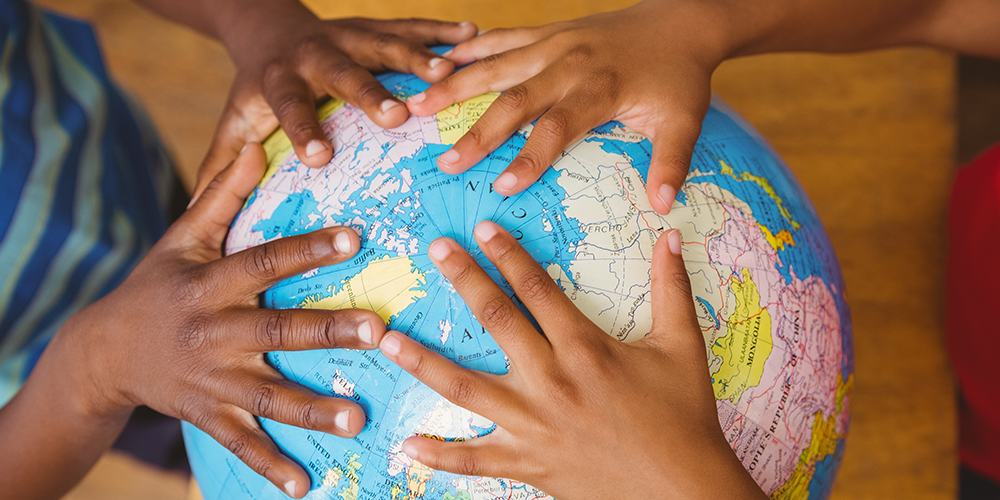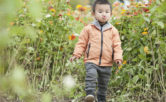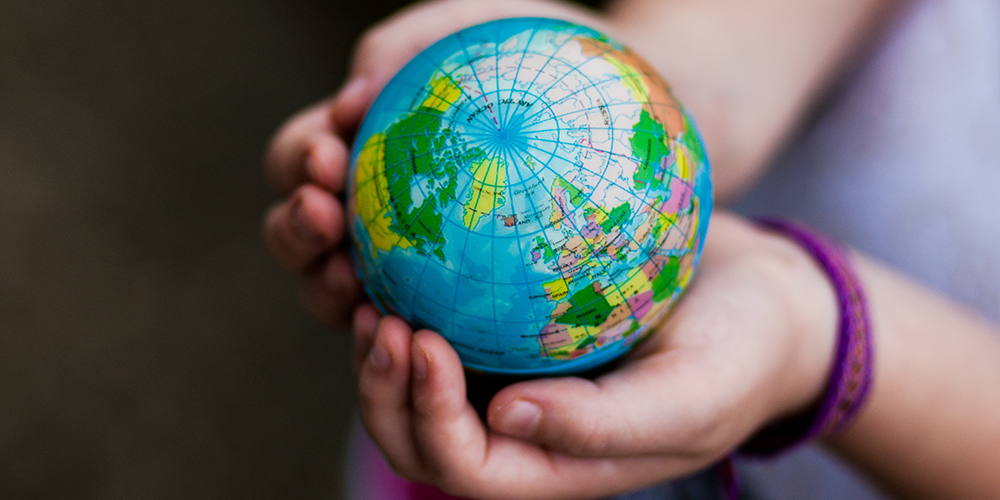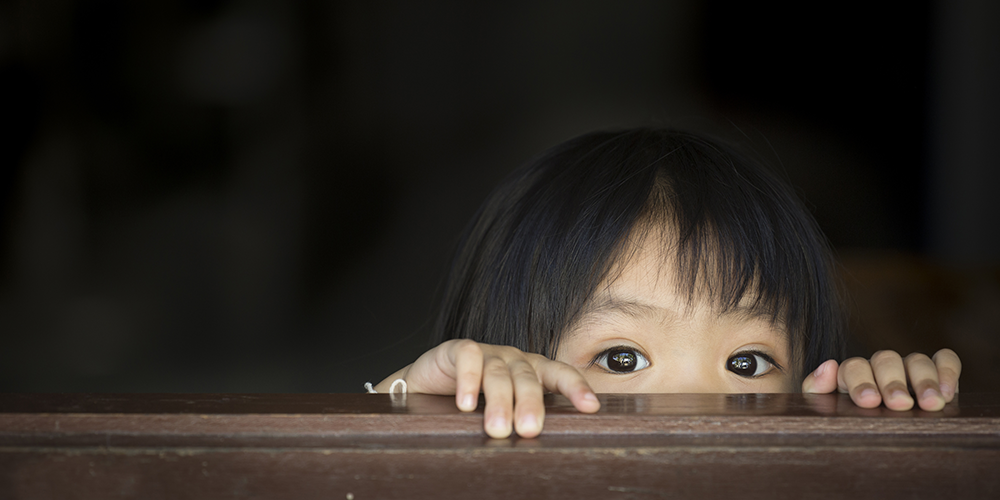The Songs That Tell the Story: How to Include Music in Celebrating Your Child’s Cultural Heritage
Music.
It’s the great barrier-breaker, dissolver of differences. It’s also the great culture-keeper, self-identifier. It’s a language common to all humanity, yet uniquely identifiable from culture to culture. In many countries, music is one of the most important aspects of cultural identity.
If you are the parent(s) of an internationally adopted child, music is a powerful way of keeping your child’s birth culture alive. It’s likely that your child’s sense of self—personality, identity—was at least partially in place before you came along. Acknowledging that—and fostering a strong sense of self through music—can help ensure a successful transition for him or her.
When you think about your own life, how do you envision it? Many of us recount our lives in the form of a story. Including music from your child’s home culture is a vital way to value and honor your child’s background—his or her unique, “very own” story.
Composer Hans Zimmer said, in a 2017 interview, “A world without music would be unimaginable, a huge chunk of the social communication mechanism would be gone . . . . Music tells a part of our story. That’s why it’s so important.”
Music is a tremendous source of comfort and familiarity for your child (even if only at the deepest of cellular levels) during a time of great transition, necessary disruption of routine, and adjustment to a new way of life with one’s forever family.
When I became my son’s mother, I began playing a CD of mixed international music every night. I did this partly because, at 9.5 months of age, he displayed visible signs of physical grieving. The songs helped soothe him to sleep. To this day, at age 8, he requests that music—which includes some Korean lullabies. “It relaxes me,” he says. Although I’ll never know for sure, I hope that playing that music helped him adjust to his new life with us. Maybe the music struck a familiar chord deep within him (perhaps recalling the sounds of everyday life with his foster family in Seoul)—reassured him that he was safe and loved, and has been from the very beginning.
So, the next question is, “How do I do this? How do I include music to celebrate my child’s culture?” Here are just a few tips to get you started:
- Check out music albums that celebrate various cultures. Some great places to start are Putumayo World Music and UNESCO’s Collection of Traditional Music. Or sign up for a service like Pandora or Spotify or Amazon Prime Music, and search on the country of your choice. Many of our friends routinely listen to KPOP (Korean pop layered on top of traditional Korean melodies).
- Come to Washington, DC, and tour the embassy of your child’s birth country. (Admittedly, the ease in which you can do this depends on where you live.) You’ll definitely get a taste of the sounds of your child’s birth country.
- Look around your community for cultural celebrations specific to your child’s birth country—and attend them as a family. The food, ceremonies, customs—and, yes, music—all figure prominently in the culture. And that culture is now a part of the very fabric of your family! Our adoption agency hosts its annual Adoption Celebration every November. We watch dancers and drummers move to the traditional music of South Korea, and we listen to the rhythms of West Africa via an energetic djembe drumming session. Throughout the day, music is playing, and cultures are celebrated.
- Join some in-person adoption groups that contain families who have adopted children from your child’s country. Ask your caseworker for leads. That’s how we found our Korean adoption playgroup. You can find virtual adoption groups, as well. Adoption.com offers some great online resources (by country/region) and forums where you can connect with fellow adoptive families. There’s a whole web page devoted to connecting community members!
Becoming part of an international Korean adoption community was the best decision that my husband and I made. Our son is growing up to be a confident Korean-American child who identifies strongly with South Korea and sees it as an important part of his story (through songs and other means). As a proud American citizen, he is the child of two parents who help him cherish and celebrate the rich, beautiful culture of South Korea—the country that brought the three of us together in the first place. And music is an important part of that togetherness.
Regardless of how you do it, the simple act of listening to the music is a great way to honor the country where your child’s story first began. Even if we don’t understand all the words in those KPOP songs or Korean lullabies, these are the songs that tell his story—the music is sending a message to our son from the country that first cradled him: “You will always be part of me. Some of your very identity rests here, in these songs, in this place. You were born of me; I remain in you.”
Longfellow was right: Music really is the “universal language of mankind.” The songs tell the story—and what a wonderful story it is. Don’t let those songs slip away.








